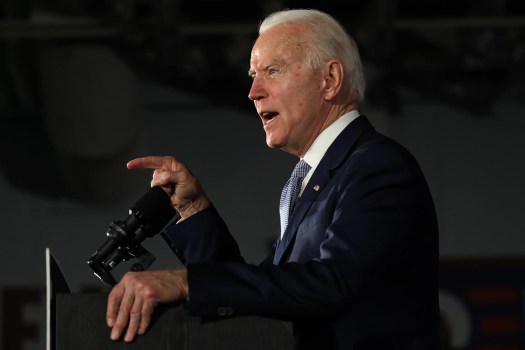After 98 people died in the Champlain Towers collapse, you’d think that many condo boards in Florida would be on edge—about their long-deferred repairs, faulty inspections, costs, accountability for insurance, and their failures to act. A board finally gets estimates from qualified people, and its members scream bloody murder about the costs. So essential maintenance is put off and nothing gets done.
For far too long, condominium owners have, in essence, eaten at the table and then left the restaurant, moving on and leaving subsequent owners to pay the bill for maintenance that should have been carried out long ago. That’s why crucial decisions about structural, fire and electrical problems must always be made by professionals, not members of condo boards. . . . [Their] general attitude has often been, “Why pay today for what you can put off until tomorrow?”
At Champlain Towers, its condo association “took two and a half years, after much internal strife, to pass a special $15 million assessment. For years, the association had not set aside enough money to deal with the problems, forcing the large special assessment to pay for them.” Those members who wanted to face the issues instead faced resignations of frustrated or intransigent board members.
One could compare this to the same impulse that keeps people from getting vaccinated. It’s another kind of denial and, like the condo boards, the unvaccinated claim ultimately bogus reasons for not acting. Some 93 million people “are eligible for shots but have chosen not to get them.” A thorough NY Times article breaks down the refusers into two groups: those who adamantly trash the vaccines (will never get it) and those who are persuadable.
That is, they either deny the reality and threat of the disease, or they offer a multitude of excuses for their hesitation. Among the latter: presumed side effects, waiting to see if it’s safe, not trusting the vaccines, not trusting the government, assuming they can repel the disease, and so on.
I think many can’t face the idea of possible death. It’s hubris, finally, this thinking that the virus will somehow pass them by, that the condo maintenance can be postponed, that you can beat the devil.
Nor can some Americans come to grips with the notion that Trump over and again demonstrates: that he is a mentally incompetent swindler, a threat to democracy. As to climate change, they are acting like the condo boards—grudgingly acknowledging the reality but failing to act. Racism is recognized if not tolerated. Denial is the agenda of the Republican party.
Ibram X. Kendi in The Atlantic writes that “Denial Is the Heartbeat of America.” He cites a number of political leaders who all claimed that January 6th “is just not who we are,” that it was un-American. But their kind of blind denial has always been central to American history and American politics, as Kendi shows. Our time is no different.











